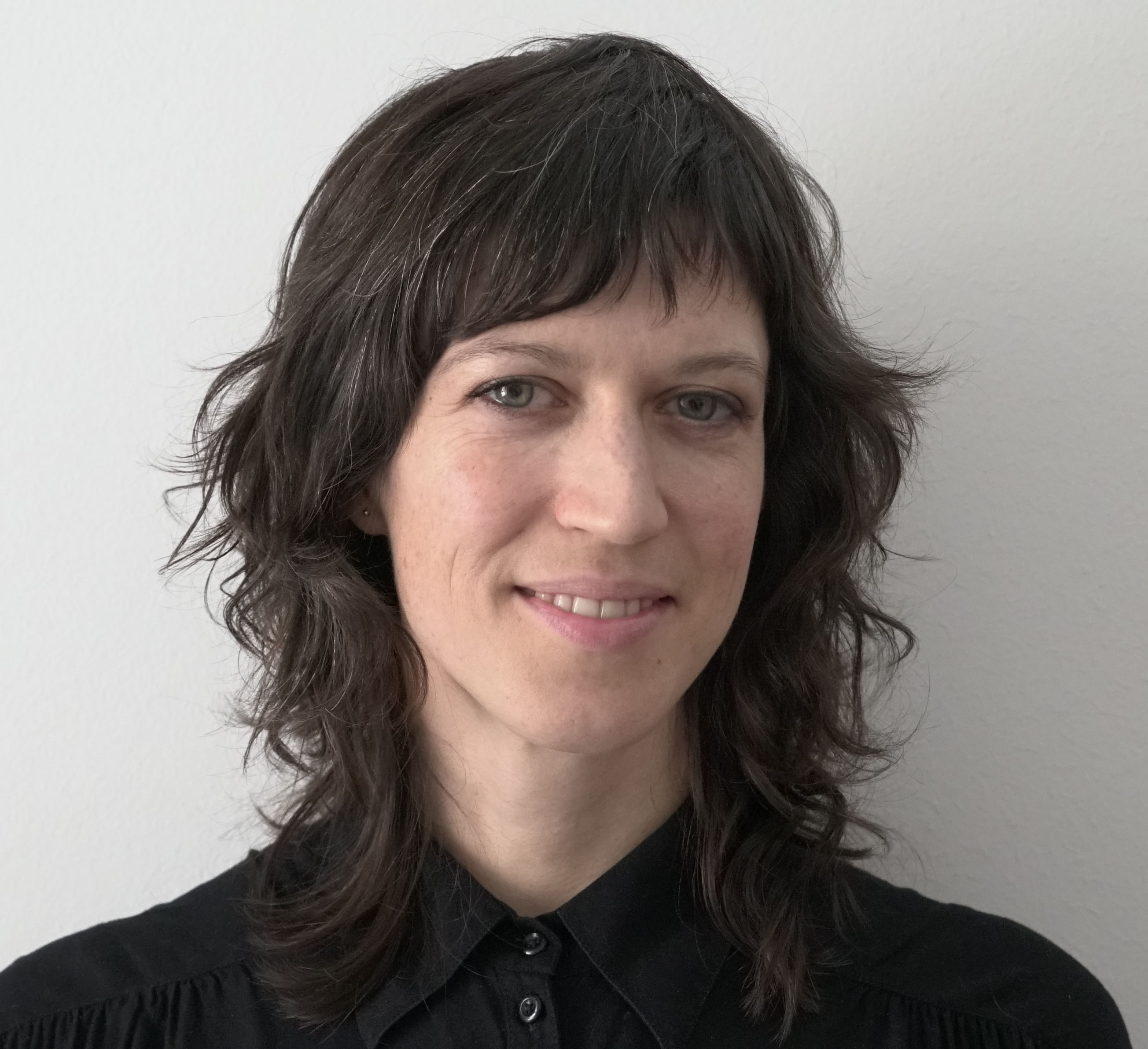
Photo by Işıl Karatas
Hello. My name is Anna Weichselbraun and this is my academic homepage. I study how people use technology to know and govern the world.
You can find out more about my current research projects, browse some of my writing, listen to or watch talks and interviews, see what I've been teaching, or take a look at my CV.